The ancient practice of apothecary has found new life in modern kitchens as people reconnect with the healing power of natural ingredients. An apothecary kitchen blends culinary arts with herbal medicine, creating a space where food becomes medicine and cooking transforms into healing. This thoughtful approach to the kitchen not only nourishes the body but also soothes the soul and sharpens the mind.
What Is an Apothecary Kitchen?
An apothecary kitchen is a space dedicated to preparing foods and remedies using whole, natural ingredients with medicinal properties. It brings together traditional wisdom and modern nutritional science, allowing you to craft everything from immune-boosting broths to calming herbal teas and healing salves.
The Essential Elements of an Apothecary Kitchen
1. High-Quality Herbs and Spices
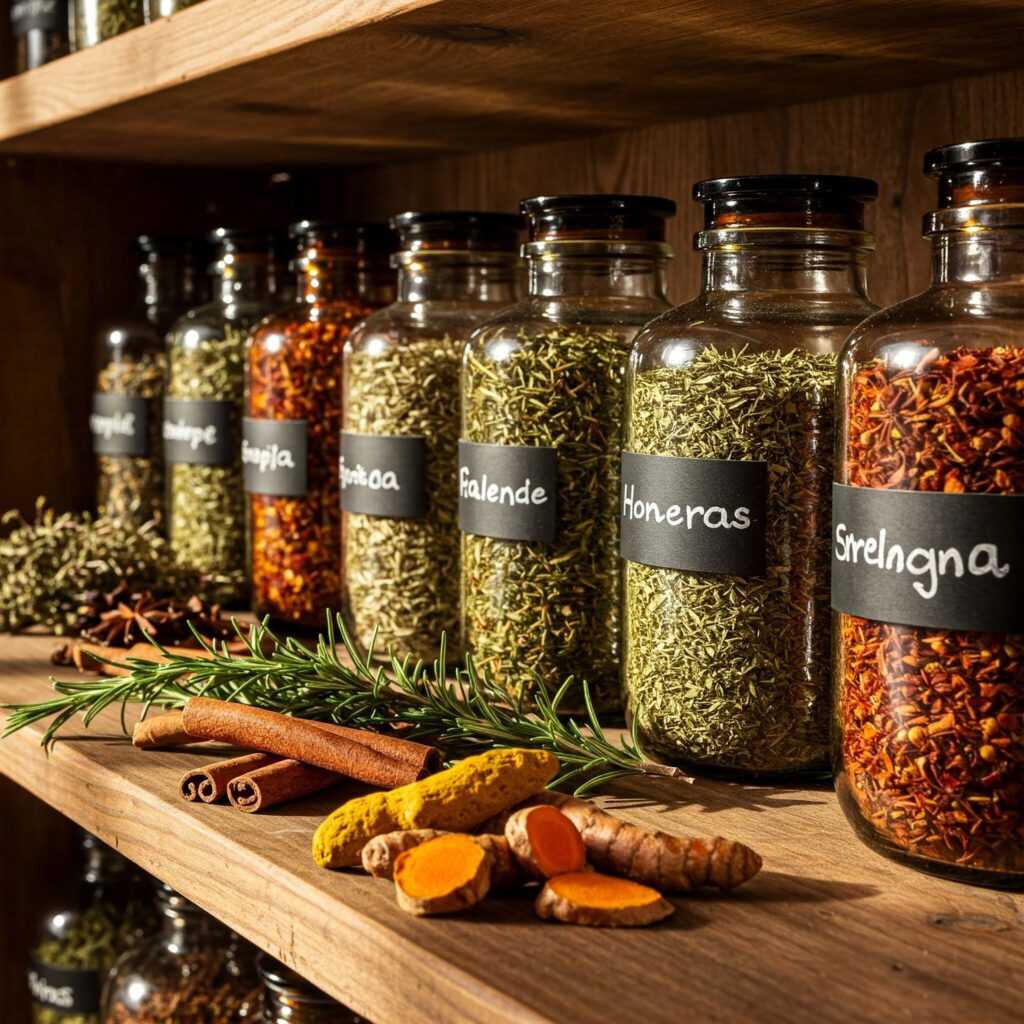
The foundation of any apothecary kitchen is a robust collection of dried herbs and spices. Beyond adding flavor, these plant powerhouses offer numerous health benefits:
- Turmeric: Contains curcumin, renowned for its anti-inflammatory properties
- Cinnamon: Helps regulate blood sugar and has antimicrobial qualities
- Ginger: Soothes digestive issues and reduces inflammation
- Rosemary: Improves concentration and memory while adding aromatic depth
- Thyme: Offers respiratory support and antibacterial properties
Store your herbs and spices in amber or dark glass jars away from direct sunlight to preserve their potency.
2. Medicinal Honey Collection
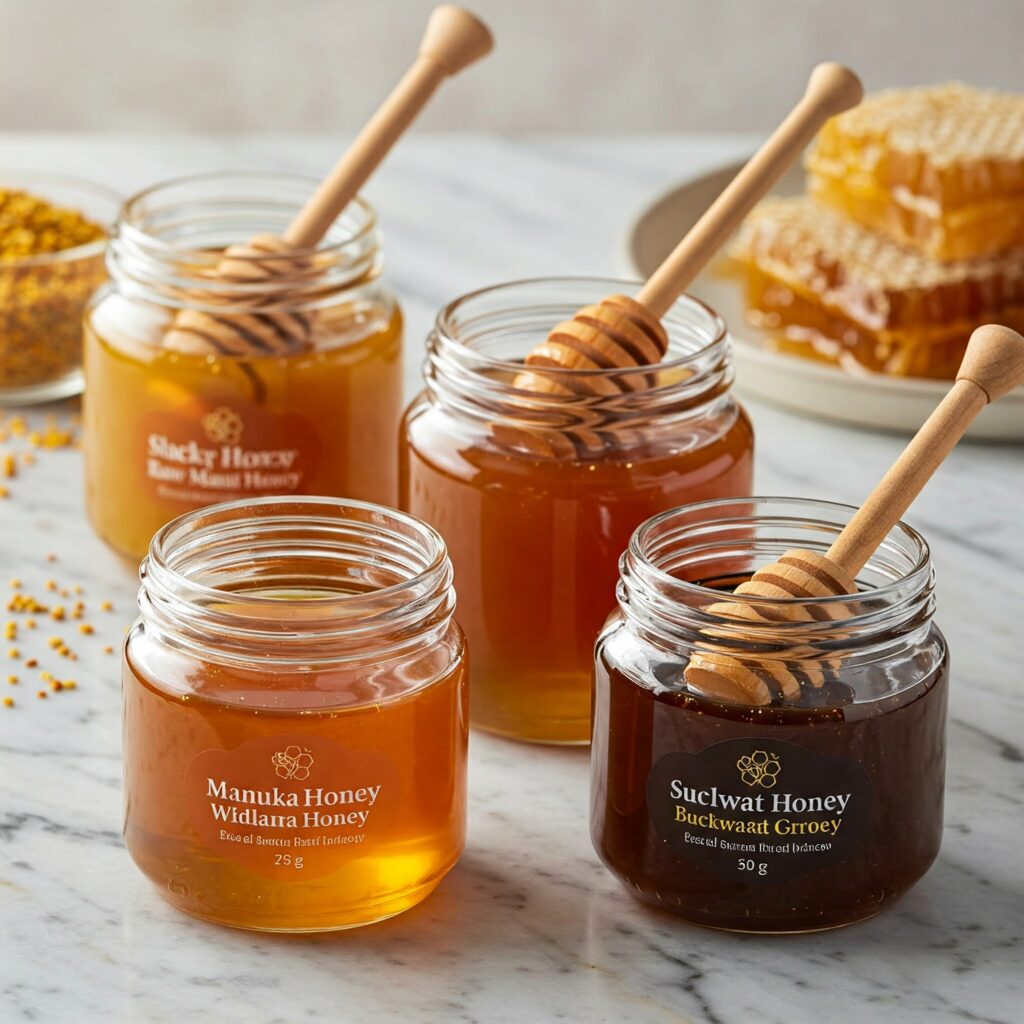
Raw, unpasteurized honey serves as both a natural sweetener and medicine. Consider keeping several varieties:
- Manuka honey: Prized for its exceptional antibacterial properties
- Local wildflower honey: May help with seasonal allergies
- Buckwheat honey: Rich in antioxidants and excellent for coughs
3. Herbal Tea Station
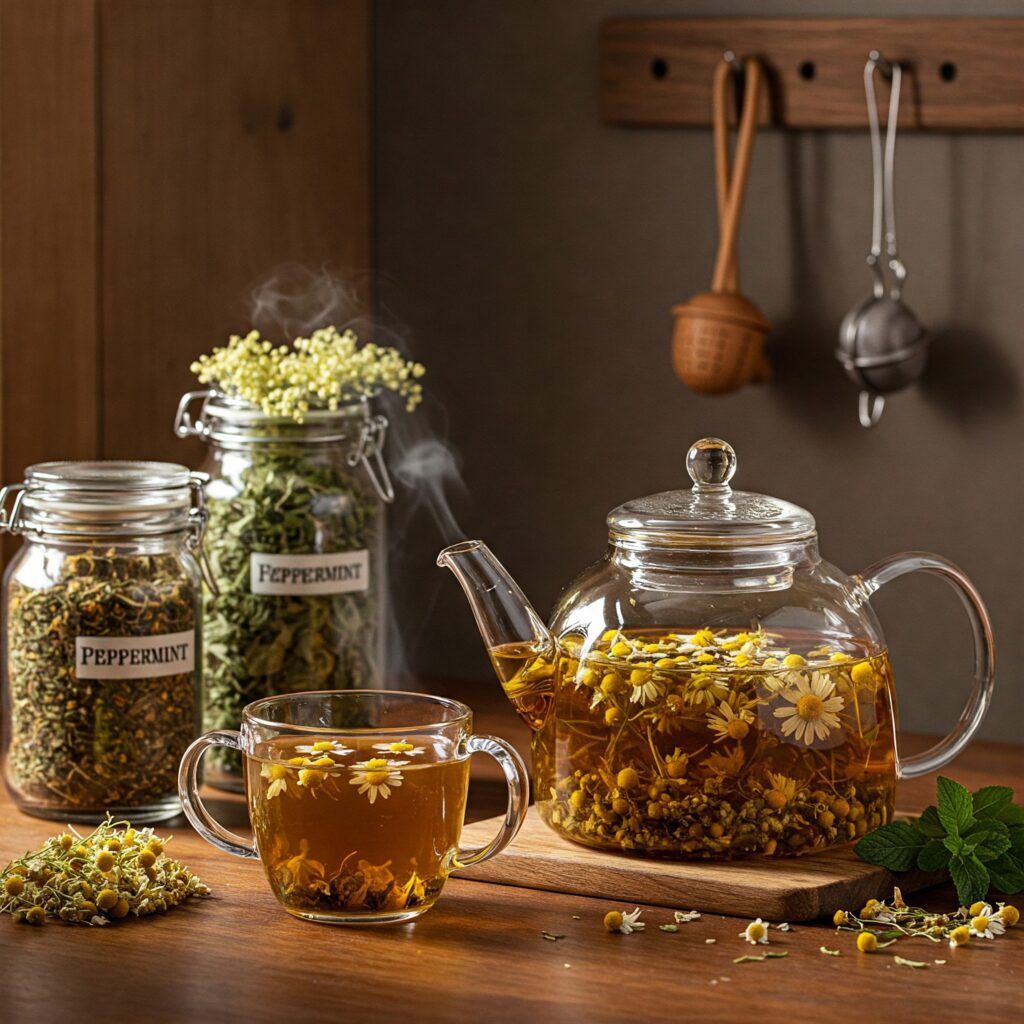
A dedicated tea-making area transforms your kitchen into a sanctuary for healing brews:
- Glass teapot with infuser: Allows you to watch herbs unfurl as they steep
- Tea strainers and infusers: For loose-leaf preparations
- Collection of medicinal herbs: Chamomile for relaxation, peppermint for digestion, elderflower for immune support
4. Tincture-Making Equipment
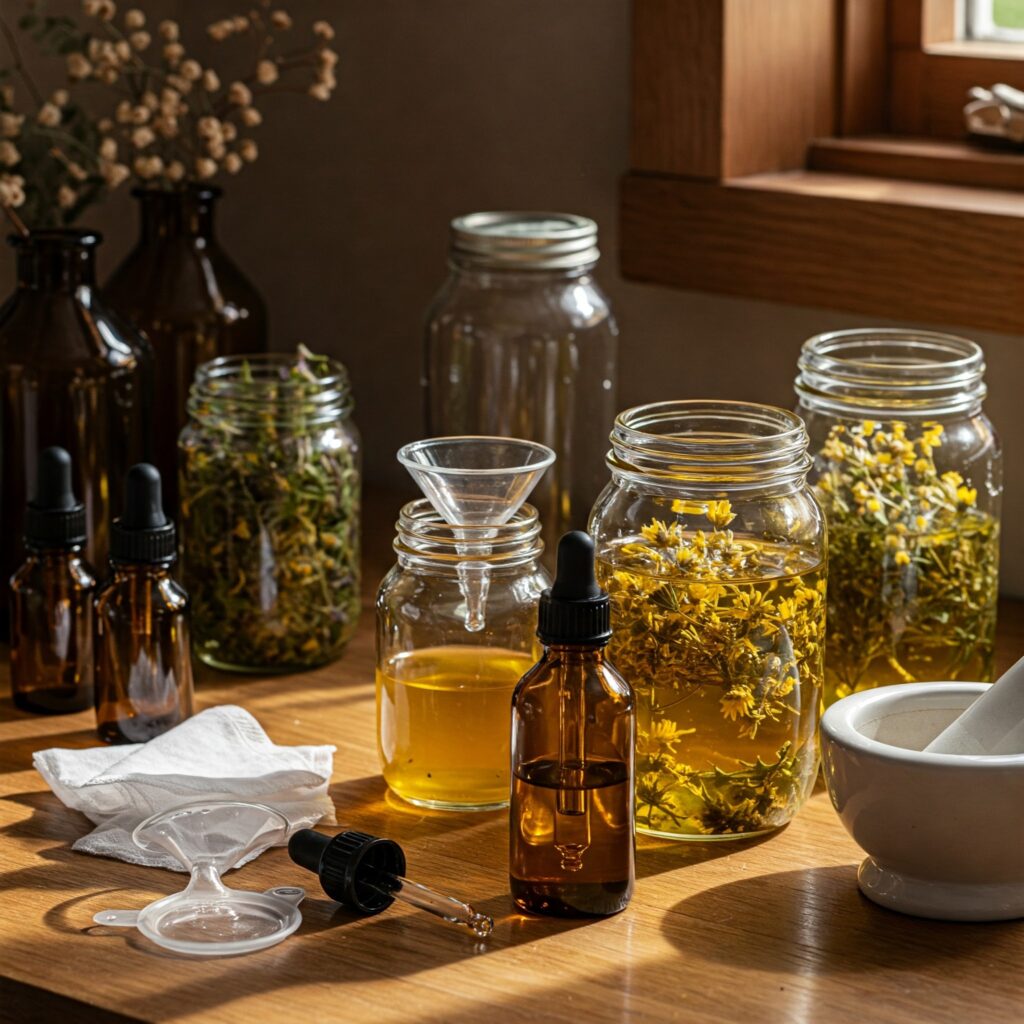
Tinctures extract and concentrate medicinal plant properties in alcohol or glycerin:
- Amber dropper bottles: For storing finished tinctures
- Funnels and cheesecloth: For straining plant material
- High-proof alcohol: The traditional medium for extraction (or vegetable glycerin for alcohol-free options)
- Mason jars: For the extraction process
5. Culinary and Medicinal Oils
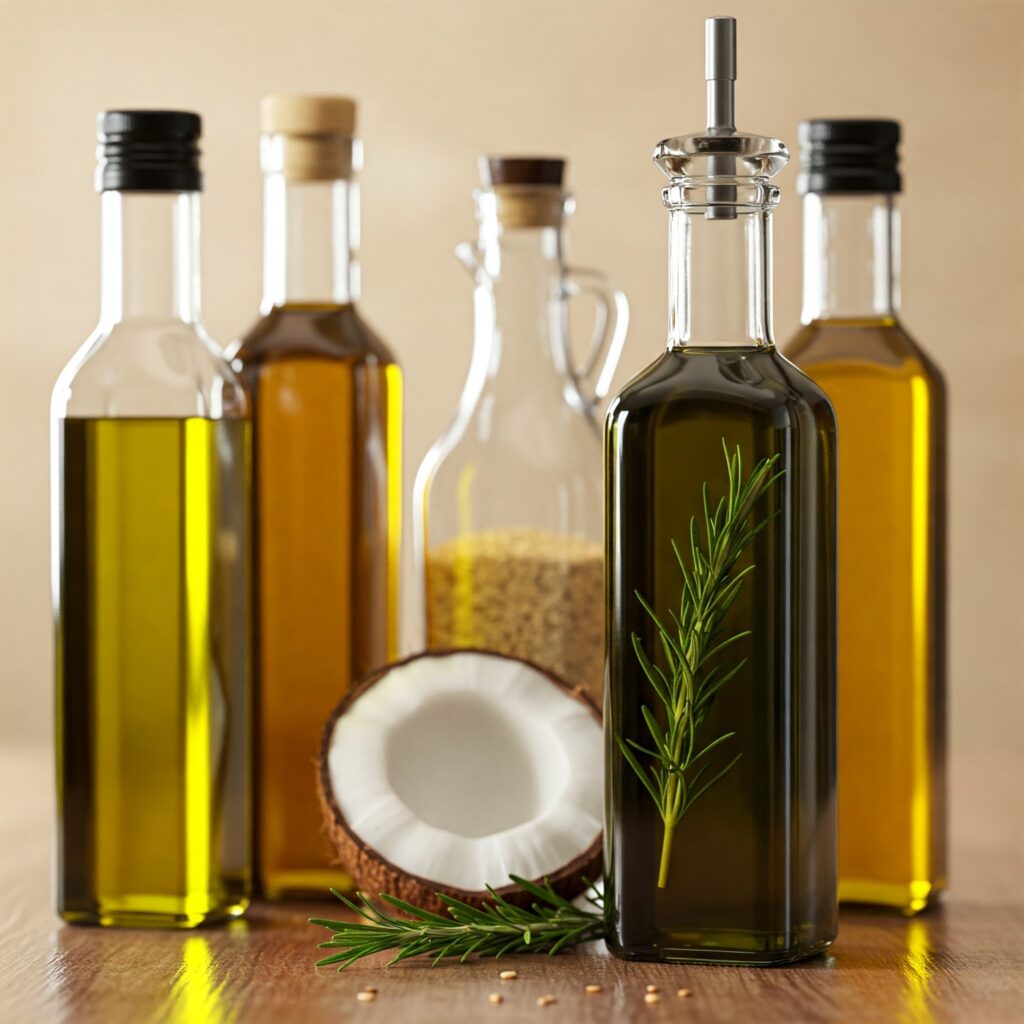
A selection of cold-pressed oils serves both cooking and therapeutic needs:
- Extra virgin olive oil: Anti-inflammatory and heart-healthy
- Coconut oil: Antimicrobial with medium-chain triglycerides for energy
- Sesame oil: Used in Ayurvedic tradition for its warming properties
- Herb-infused oils: Self-prepared oils infused with garlic, rosemary, or calendula
6. Natural Sweeteners
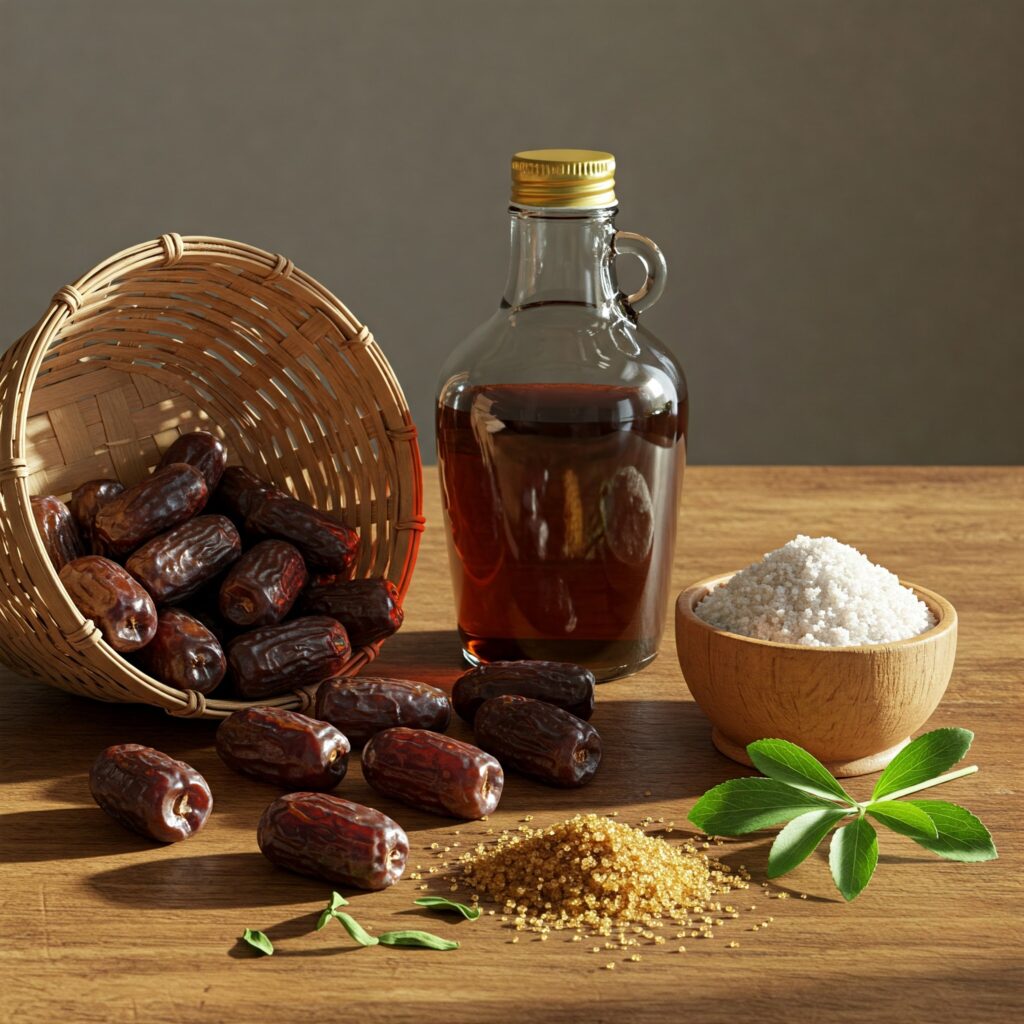
Beyond refined sugar, natural sweeteners offer deeper flavors and gentler effects on blood sugar:
- Maple syrup: Rich in minerals and antioxidants
- Coconut sugar: Lower glycemic index than refined sugar
- Dates and date syrup: Whole-food sweeteners with fiber and nutrients
- Stevia: Plant-based zero-calorie sweetener
7. Fermentation Station
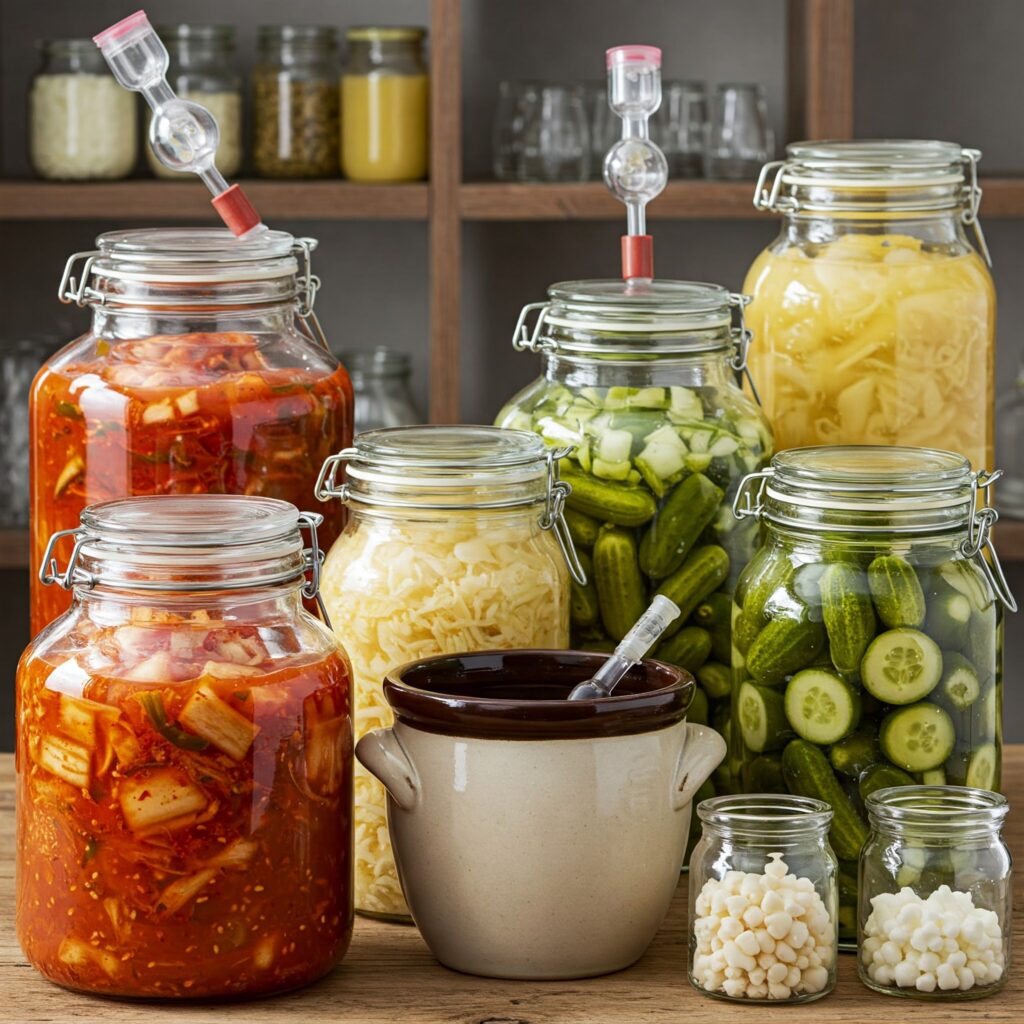
Fermented foods support gut health—the foundation of overall wellness:
- Fermenting crocks or wide-mouth jars: For sauerkraut, kimchi, and pickles
- Airlock lids: Prevent mold while allowing fermentation gases to escape
- Starter cultures: For kombucha, kefir, and yogurt
8. Dehydrator
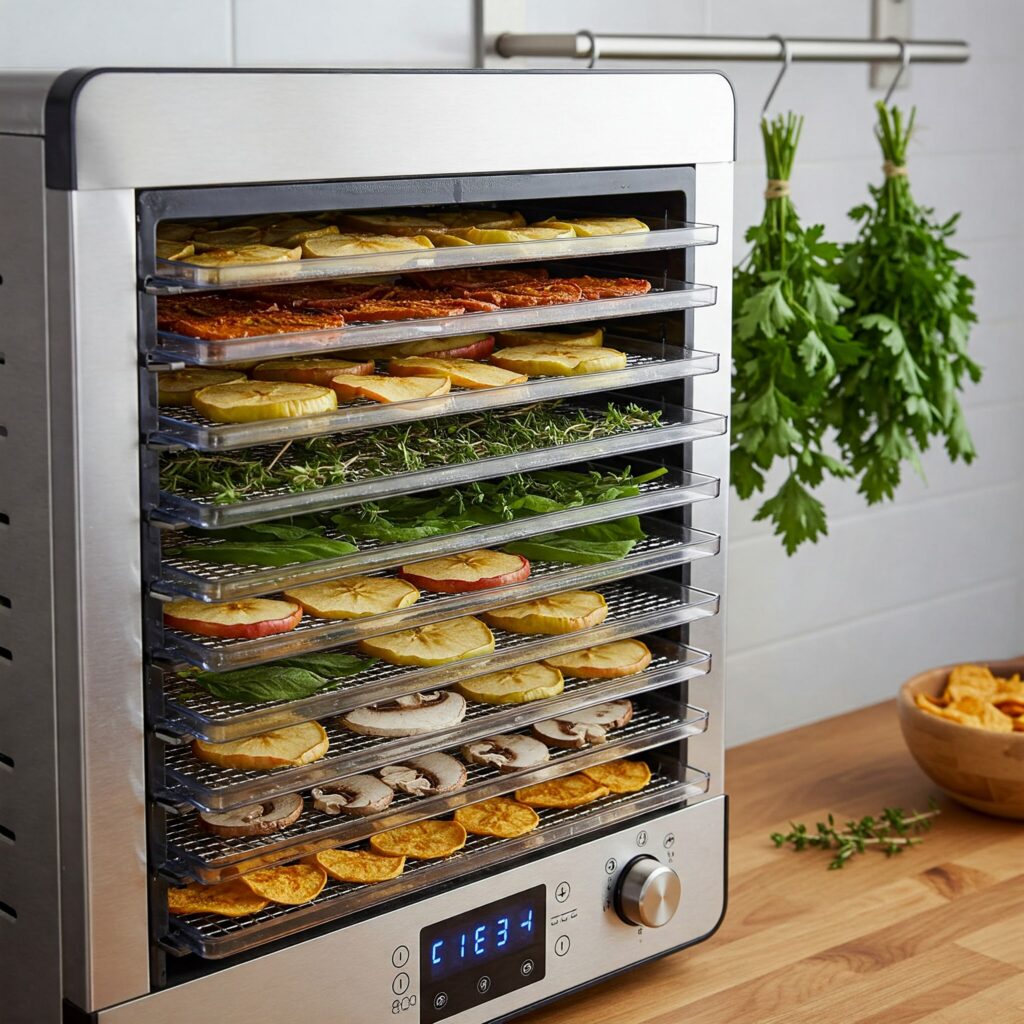
This versatile tool preserves the bounty of seasonal harvests:
- Dry herbs for year-round use
- Make fruit leather from seasonal abundance
- Create dried mushroom powders for immune-supporting broths
- Prepare vegetable chips as nutritious snacks
9. High-Powered Blender
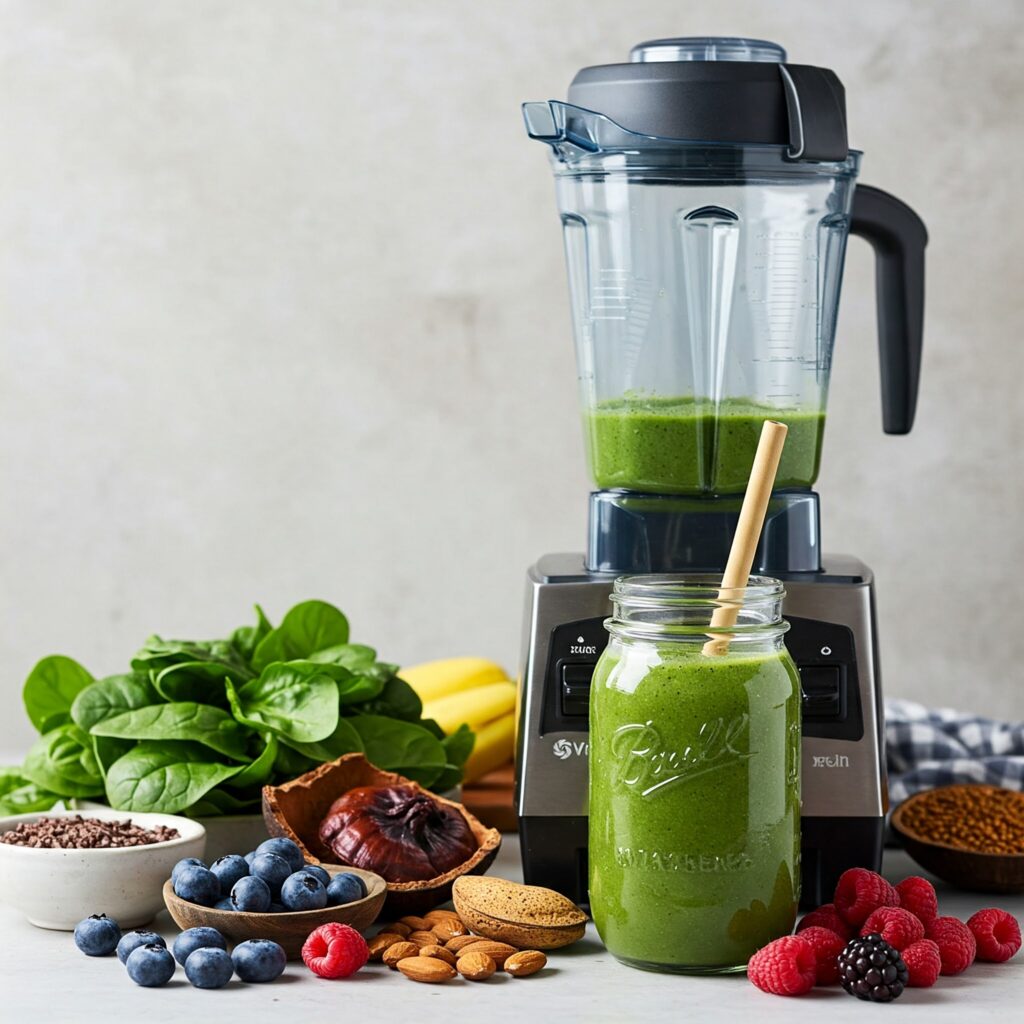
Essential for transforming whole foods into therapeutic preparations:
- Green smoothies: Packed with chlorophyll and micronutrients
- Medicinal mushroom elixirs: Blending adaptogenic mushrooms with cacao and spices
- Nut and seed milks: Dairy alternatives with custom medicinal herbs
- Herbal pestos and sauces: Preserving fresh herbs with healthy fats
10. Mortar and Pestle
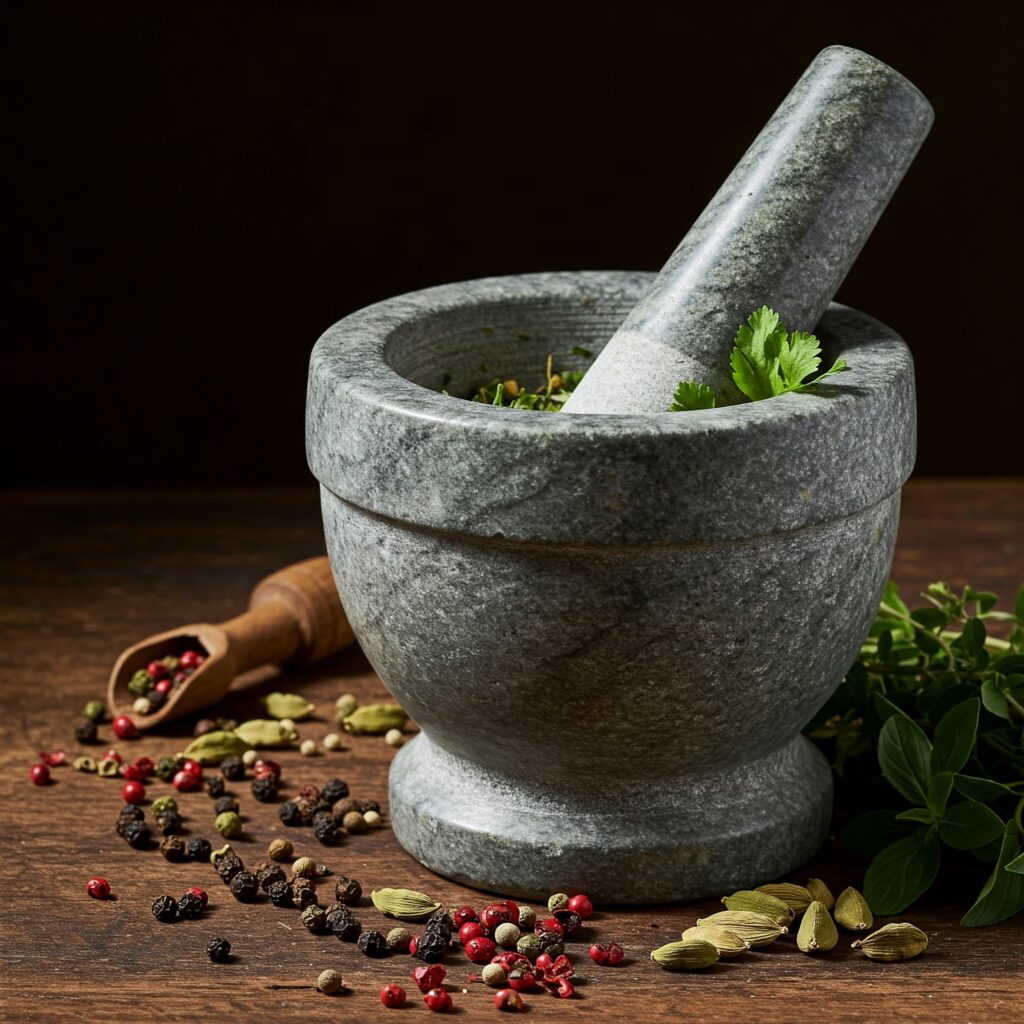
This ancient tool connects you to traditional medicine preparation:
- Release essential oils in fresh herbs through crushing
- Custom spice blends tailored to individual constitutions
- Create poultices for topical applications
- Small-batch remedies with a meditative approach
11. Cast Iron Cookware
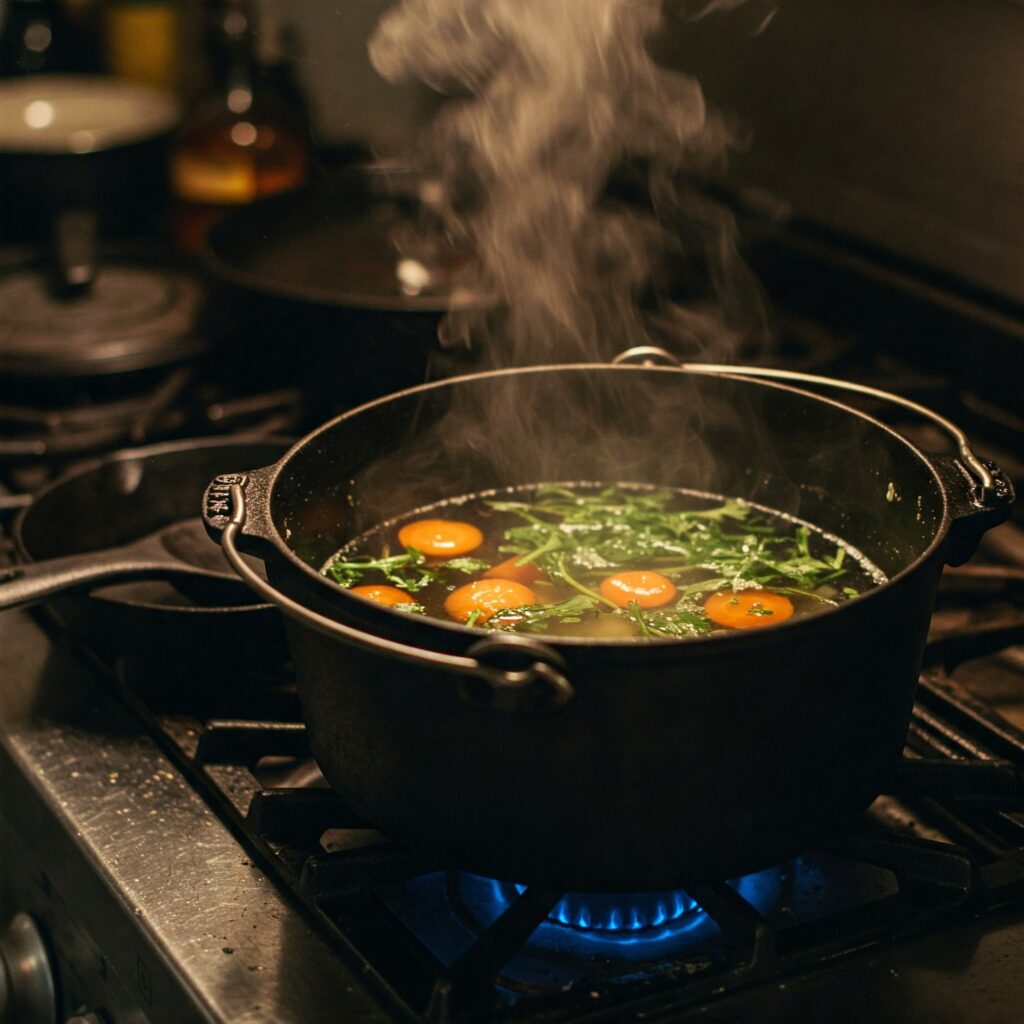
Beyond non-toxic cooking, cast iron offers additional benefits:
- Adds dietary iron to foods, especially when cooking acidic ingredients
- Even heat distribution for broths and long-simmered remedies
- Moves seamlessly from stovetop to oven for versatile cooking
12. Glass Storage Collection
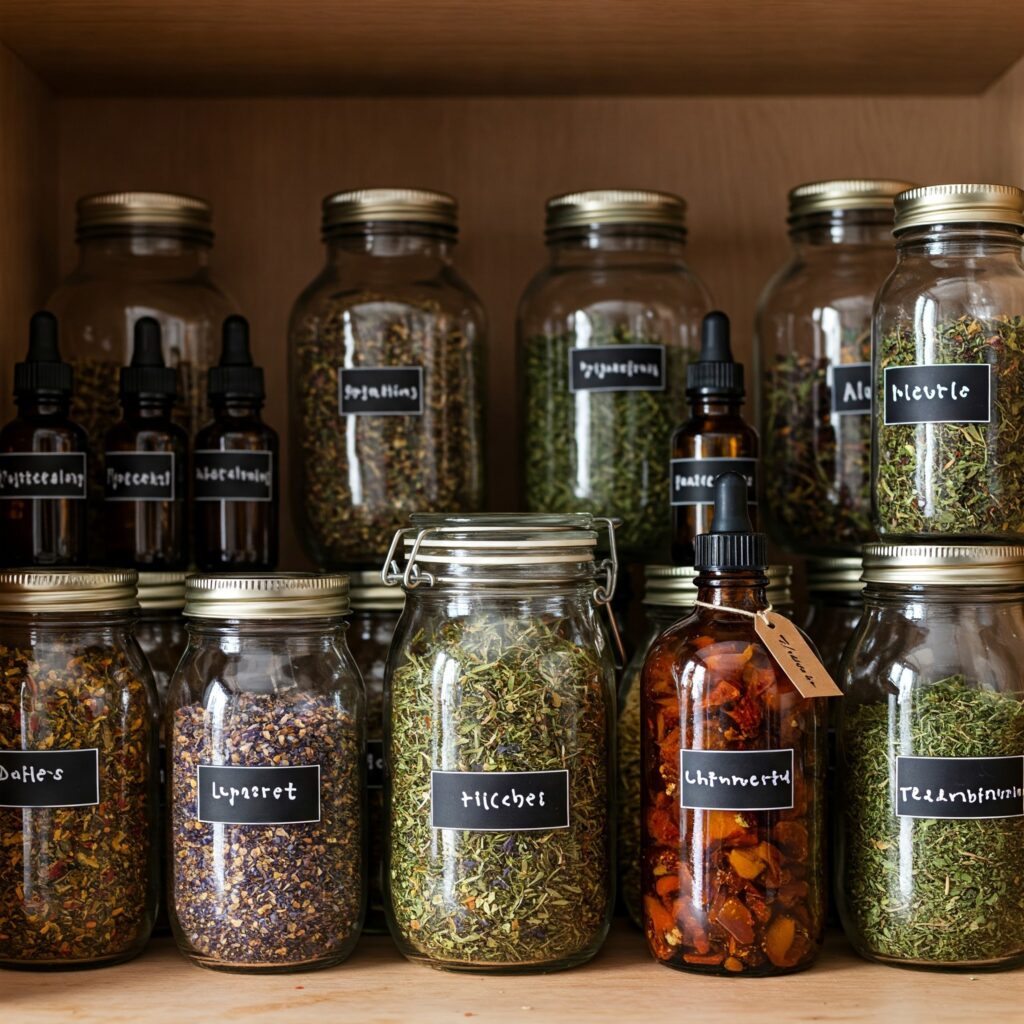
Preserving remedies properly maintains their potency:
- Mason jars in various sizes for teas, spices, and ferments
- Small glass jars for salves and balms
- Amber bottles for light-sensitive preparations
13. Beeswax and Natural Waxes
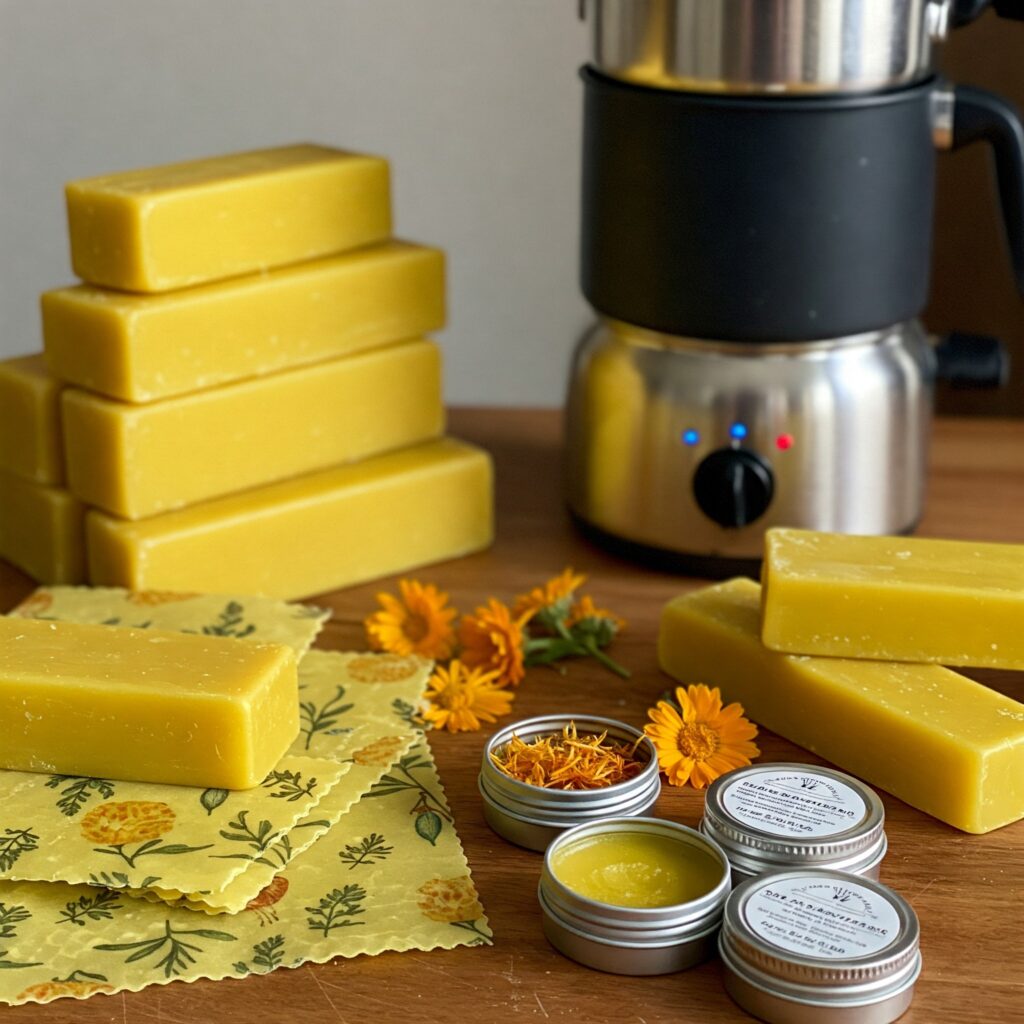
For creating food wraps and topical preparations:
- Beeswax wraps: Sustainable alternative to plastic for food storage
- Base for salves and balms: Combined with medicinal oils
- Candle making: Creating aromatherapy with medicinal herbs
14. Reference Library
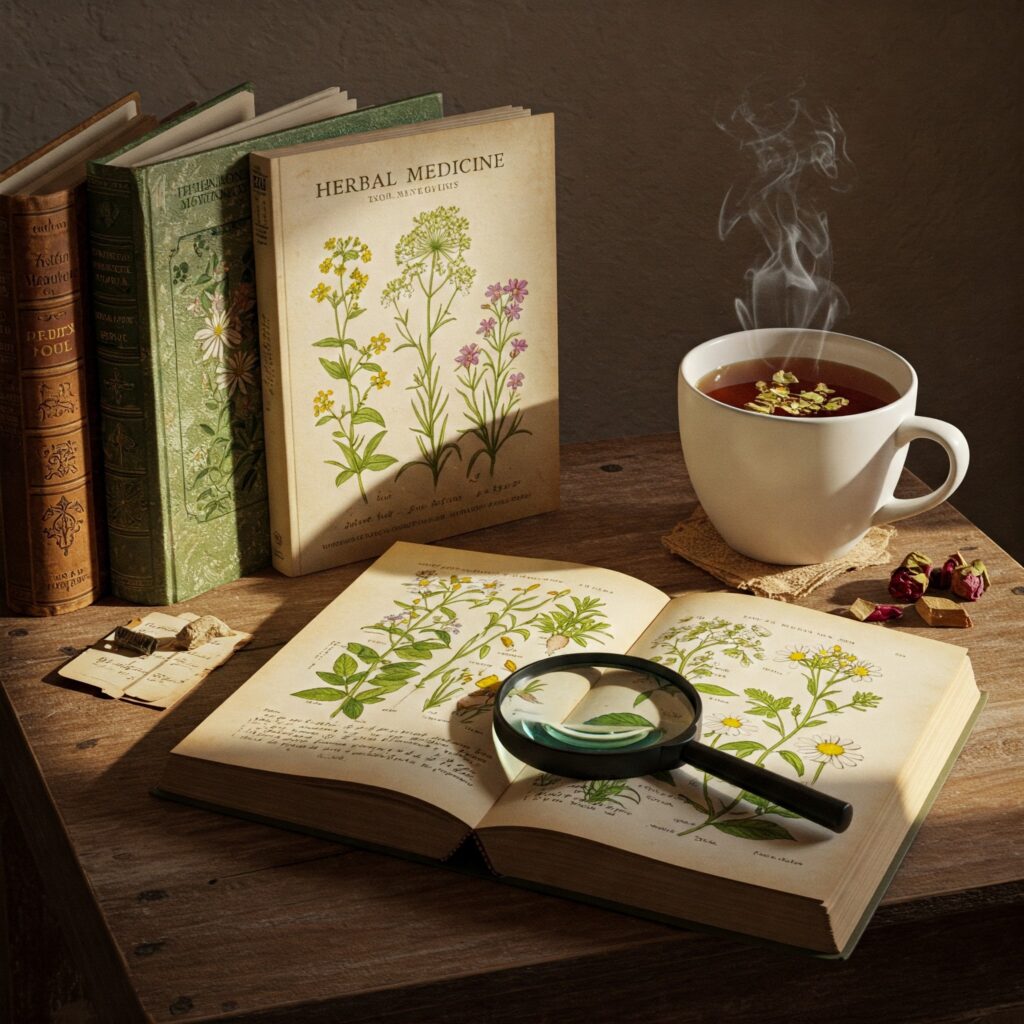
Knowledge forms the heart of an apothecary practice:
- Herbal medicine guides: Understanding plant properties and applications
- Ethnobotanical references: Connecting with traditional wisdom
- Nutrition science resources: Bridging ancient practices with modern understanding
- Recipe journals: Documenting your successful formulations
15. Seasonal Garden Connection
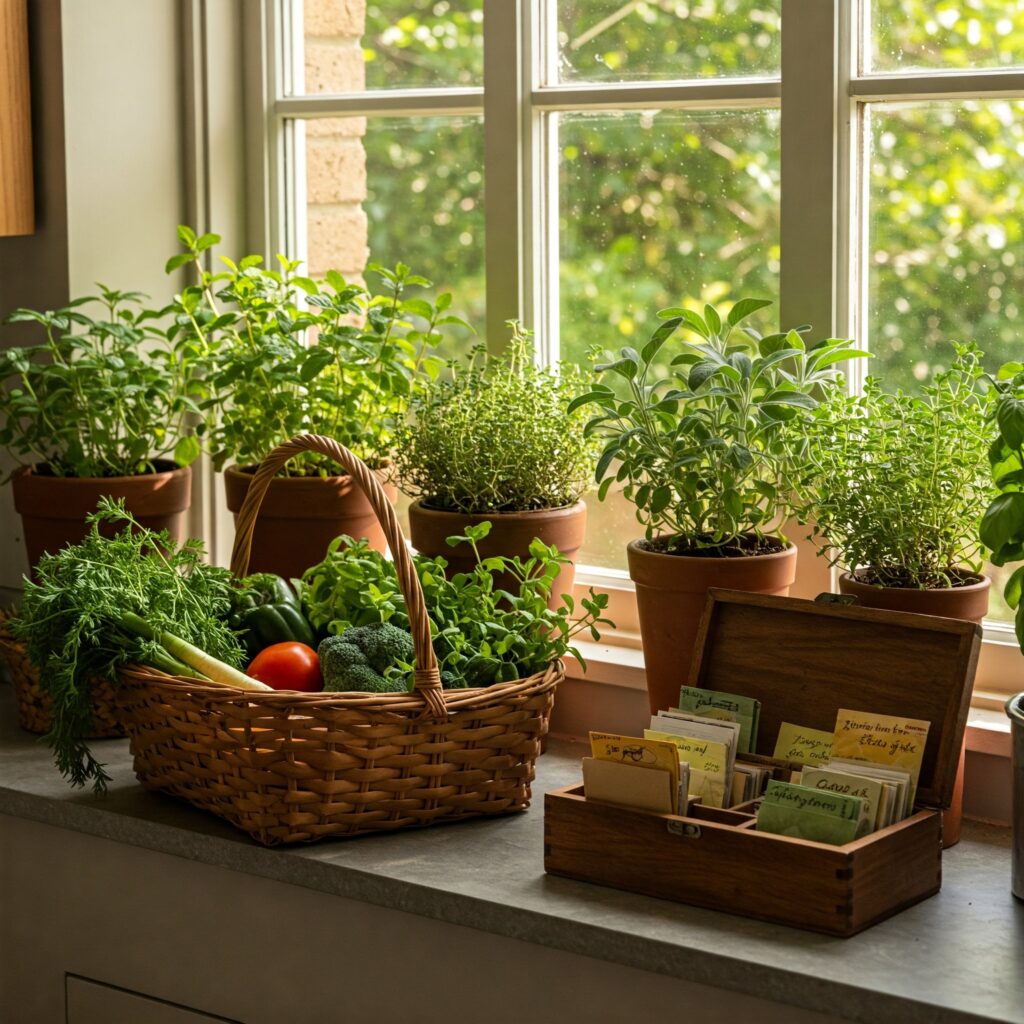
The most vibrant apothecary kitchen maintains a connection to growing plants:
- Windowsill herb garden: Fresh medicinal herbs at your fingertips
- Relationship with local farmers: Access to seasonal, organic produce
- Foraging knowledge: Ethical wildcrafting of local medicinal plants
- Seed saving station: Preserving heirloom varieties and genetic diversity
Creating Your Apothecary Kitchen Practice
Start small by incorporating one element at a time into your kitchen. Begin with herbs and spices that address your specific health interests, then gradually expand your collection and equipment as your knowledge grows. Remember that an apothecary kitchen is both a space and a practice—one that evolves with the seasons and your personal healing journey.
By transforming your kitchen into an apothecary, you reclaim the ancient understanding that food is our primary medicine. Each meal becomes an opportunity for healing, each cup of tea a moment of wellness, and each herbal preparation a step toward self-reliance in health care.
The modern apothecary kitchen bridges timeless wisdom with contemporary needs, creating a sanctuary where wellness begins at home. Through this intentional approach to your culinary space, you honor the healing potential of plants and the power of your own hands to transform simple ingredients into profound medicine.

